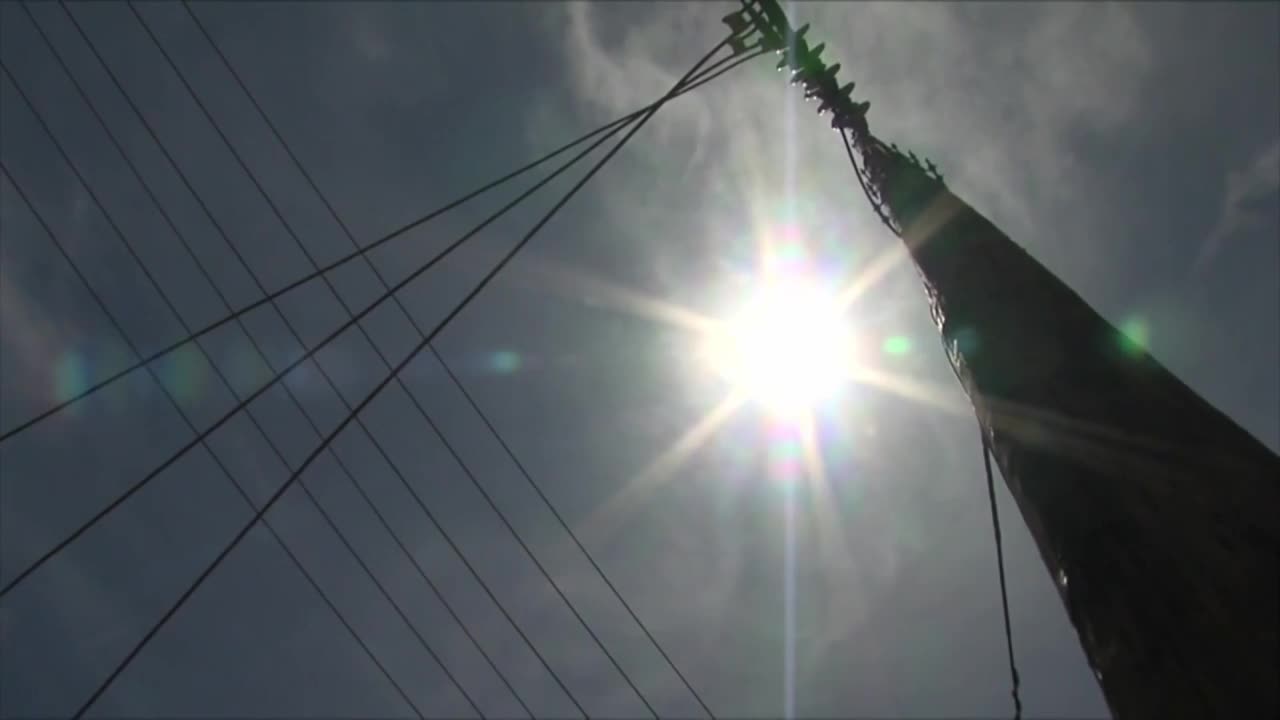BILLINGS — Six days of freezing temperatures across Montana didn't just shatter record lows, it created a historic demand for electricity, according to NorthWestern Energy.
“People just are going to need to use more energy to keep their homes heated and the lights on,” NorthWestern Energy spokesperson Jo Dee Black said on Wednesday. “We did see peak loads on the grid.”
NorthWestern Energy, Montana's largest utility, estimates that hourly electrical generation for retail loads delivered nearly 1,200 megawatts of electricity during peak usage hours.
Those numbers are double from the week prior.

“That’s a forecast. Those numbers will be final after we complete meter readings,” Black said.
Black said those numbers are close to the final numbers for usage, but the record-breaking amount of energy sent through NorthWestern Energy's transmission system is final.
In July of 2021 during a heatwave, 1,909 megawatts were generated for Montana, which had been the record of peak demand for electricity until December 2022 when 2,073 megawatts were used.
On January 13, 2024, the record fell again, with the peak demand hitting 2,079 megawatts.

“More than half of the energy that served this high demand, that was for six days in a row, was imported mostly from out of state,” Black said.
Black says that Northwestern Energy purchases energy from the market all year long when it is economically sound to do so, but when they are forced to purchase energy during high demands such as last week, customers can expect higher power prices and increased bills.
Black could not estimate Wednesday what the increase would be.

In Huntley, Yellowstone Valley Electric Cooperative also felt the strain from the cold, as they were busy keeping up with outages and calls for service.
“This peak was longer. I guess the best way to compare it is we’re seeing the same type of usage for our customers, but more extended this time around,” CEO of Yellowstone Valley Electric Brandon Wittman said. “When we have cold weather like that we call in twice the amount of guys that we think we’re going to need.”
However, the electric cooperative is part of the Southwestern Power Pool (NorthWestern Energy is part of the Northwest Power Pool), so as electrical usage increased, Yellowstone Valley did not need to import energy from elsewhere.
“We are part of the Southwestern Power Pool so that is an area that covers nine states all the way from Montana to the North part of Texas,” Wittman said.



